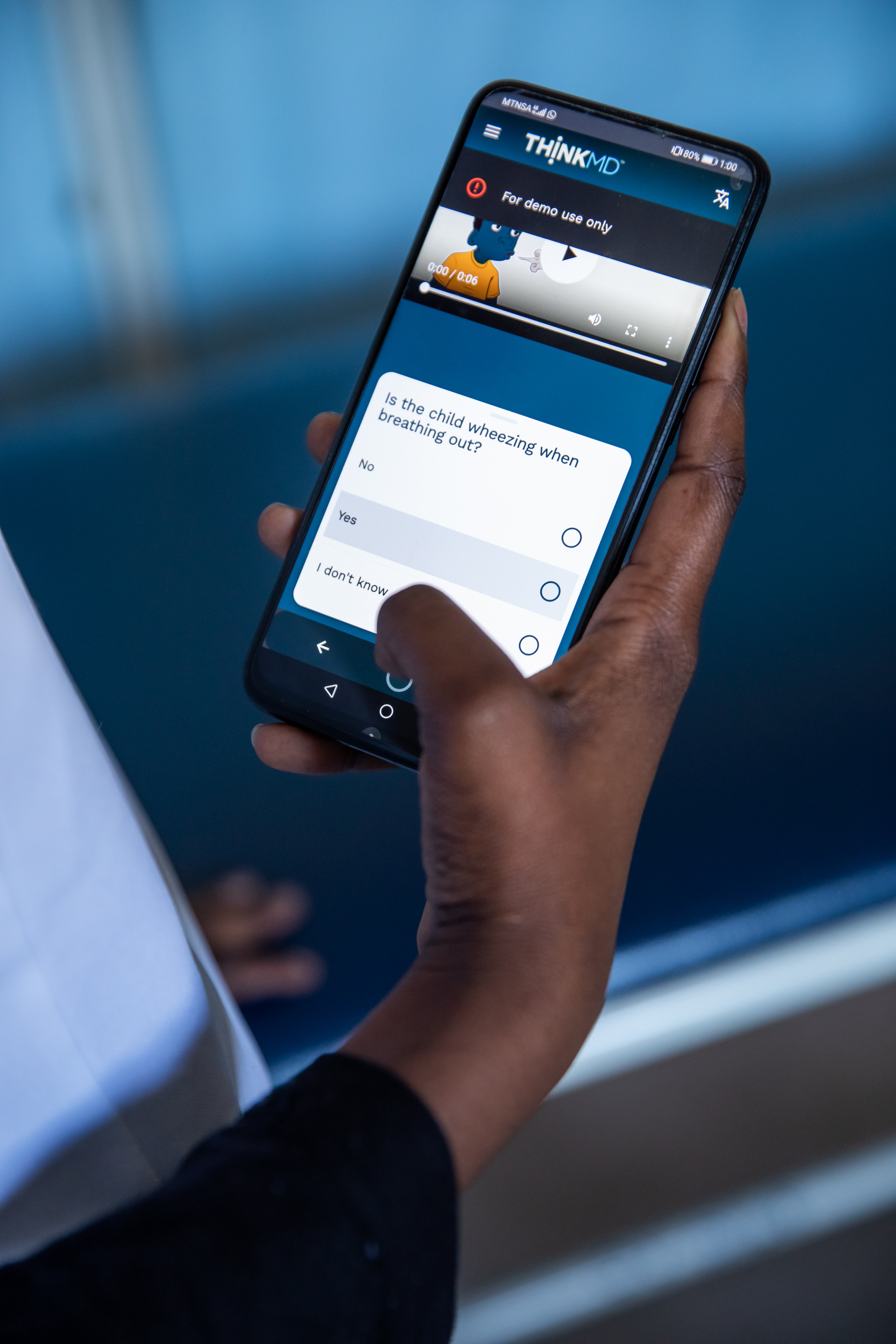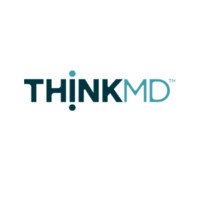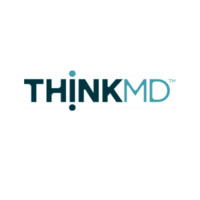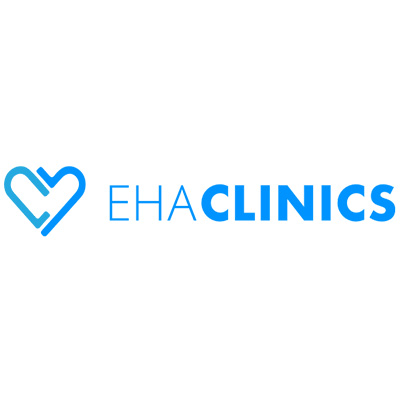Can Technology Help Frontline Health Workers Deliver High-quality Care for Patients in Nigeria?

Researchers in Nigeria are assessing the impact of a digital health platform on expanding the healthcare capacity and skills of frontline health workers' ability to perform quality clinical assessments and care.
The COVID-19 pandemic has brought attention to the shortage of skilled healthcare workers worldwide. Projections indicate that by 2030, there will be a deficit of ten million healthcare workers, primarily affecting low- and middle-income countries. [1] Nigeria in particular faces a shortage of healthcare professionals, largely due to the migration of skilled workers to high-income countries. [2] This shortage has led to negative impacts on the quality of patient care, especially in low-resource areas such as rural regions. [3] To increase the capacity of Nigeria’s health system, THINKMD, an ICT medical organization, has developed a digital platform enabling frontline health workers — who may not have much medical training — to provide comprehensive clinical assessment and care for patients similar to a physician.
Researchers are partnering with THINKMD, EHA Clinics, and IPA to randomly evaluate the impact of the THINKMD platform on the quality of clinical assessment and care performed by frontline health workers compared to trained physicians. They will assess the platform’s impact on healthcare quality outcomes such as whether the frontline workers using it correctly diagnose patients and create a comprehensive and correct clinical care plan for patients. They will also measure the platform’s impacts on health outcomes for patients.
A total of 7,000 patients are receiving care from a randomly assigned frontline health worker and a physician or a randomly assigned frontline health worker only. Patients receiving either care type have been divided into the following groups:
- Community Health Worker (CHW): the patient's randomly assigned (first) provider is a community health worker.
- CHW + THINKMD: the patient’s randomly assigned provider is a CHW equipped with the THINKMD platform.
- Nurse: the patient’s randomly assigned provider is a nurse.
- Nurse + THINKMD: the patient’s randomly assigned provider is a nurse equipped with the THINKMD platform.
- Physician Comparison: the patient’s randomly assigned provider is a local physician.
Results will be available in 2025.
Sources
1. World Health Organization, “Health workforce,” World Health Organization, Accessed June 27, 2023, https://www.who.int/health-topics/health-workforce#tab=tab_1
2. Adebisi Adenipekun, “The brain drain of healthcare professionals in Nigeria: The buck stops with government,” University of Oxford, January 4, 2023, https://www.bsg.ox.ac.uk/blog/brain-drain-healthcare-professionals-nigeria-buck-stops-government
3. Ugo, Okoli, Eze-Ajoku Ezinne, Oludipe Modupe, Spieker Nicole, Ekezie Winifred, and Ohiri Kelechi. "Improving quality of care in primary health-care facilities in rural Nigeria: successes and challenges." Health services research and managerial epidemiology 3 (2016): 2333392816662581.















